Choosing the right college can feel like a big decision, and for many…
Preprofessional Opportunities, Part 2: Pre-Nursing and Pre-Public Health
We asked various students on preprofessional tracks to share more about their experiences at Emory so far. Today we hear about Pre-Nursing and Pre-Public Health. Read Part 1: Pre-Med and Pre-Dental, Part 3: Pre-Business, Part 4: Pre-Law, and Part 5: Pre-Veterinary.
Pre-Nursing: Caring with a Purpose
What made you interested in nursing at Emory?
I was one of the many individuals who came in with the idea: “I want to be a doctor or at least do something in the medical field.” To be honest, obtaining a job in the health field for my family means security and stability so that was set. However, exactly what I wanted to do I was not clear. Sure the shiny title of doctor was appealing, but I realized that it would just be a title and not a passion for me. I wanted to feel passionate and needed with whatever profession I chose to pursue. I volunteered at Grady the summer before my senior year in high school. I worked mostly with the nurses on the floor to which I was assigned. I honestly thought I would have the opportunity to see the doctors in action. While I did see doctors, the people in action were always the nurses. I think that was the first mental click for me. After being admitted into Emory and speaking to a lot of people who were either pre-med, pre-health, pre-nursing, I realized that there is more to the health field than doctors. I was drawn to the idea of nurses and their hands-on approach. It was refreshing and every time I spoke to a nurse, I heard joy, something that I didn’t hear in a lot of the doctor’s voices I spoke with. Though these individuals do not make up all the doctors and nurses in the world, hearing from them solidified my decision to pursue a career in nursing.
Is there a specific type of nursing you are interested in?
Children can make any day right! I love working with kids; hearing their laughter and joy when they have accomplished something is the best sound. I honestly do not know what kind of nurse I want to be yet, but if I have the opportunity I want to see what it is like working with expecting mothers or helping guide children as they go through life milestones.
What is unique about Emory’s undergraduate nursing program?
They care. I had a chance to talk with an admission counselor who gave me great advice to make myself more competitive for the nursing school. She was really encouraging when talking to me about my future in the nursing school and in my future career.
What is it like managing the pre-requisites for nursing?
The classes for the nursing school require a lot of time in order to fully understand the material. You have to know backwards, forwards, and on a whole other dimension it seems. But, they are really interesting and I have learned a lot thus far!
What resources are available to pre-nursing students?
There are EPASS tutors for introductory biology and chemistry. I usually use it once a week to get clarification with anything I am struggling with. Working with the Teaching Assistants of your class can also be really helpful. For Anatomy & Physiology and Human Growth & Development, I meet with my professor during office hours to ask questions.
Did you choose Emory for this program, or did you discover it after arriving and considering all of your options?
I did not come to Emory for the Nursing School. I actually did not even know it was such a big program at Emory; I was primarily familiar with the School of Medicine. Therefore, when I came to Emory the pre-med mentality was in full effect and I did not realize until second semester of my first-year that there is more to Emory medical school!
What has been your favorite class and/or professor in the program/in your pre-requisites and why?
I really struggled with Anatomy & Physiology and Biology in the beginning. But, after talking to my professors and developing knew study strategies and approaches to the material, I had much more positive feelings for these classes. I saw tremendous results. My testing anxiety decreased a lot and my confidence level in the material increased tremendously. I developed a new way of studying and that would not have been done if I did not struggle through these two courses. These two classes were my favorite because I did not receive the shiny “A” in them, but rather proved that if I really push myself, I can succeed in these really difficult classes.
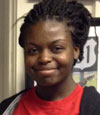
Gloria Alafe, 18N*
Nursing
Covington, Georgia
Pre-Nursing: Where Caring and Having Fun Go Together
What made you interested in nursing?
The majority of my family works in the healthcare field, so I have grown up surrounded by family who go to work, loving what they do. Growing up around that has given me the chance to see how I could help people one day. I babysat a ton, and volunteered in nursing homes where my mom worked and sang old songs, played bingo, made crafts and talked with the residents. It meant so much to see that I could make them happier with simple things like I listed above. I thought a lot about how much I wish I could do more to help them, and I think nursing is a great way to do that. More specifically though, my Nana, who lived with my family most of my life, was a nurse in WWII. She took care of holocaust victims, and wounded soldiers, but she was also the most influential, most loving, deeply caring, perceptive, funniest, most encouraging person I have ever been lucky enough to know. I want to help people the way she did, and she could tell me I could be anything in the world I want to be if I worked hard and put my heart and soul into it. I hope to be half the nurse and the person she was.
Is there a specific type of nursing you’re interested in?
Not really. I’m pretty open. I think a lot of my ideas could change once I start to gain experience with the different fields. If I had to choose right now I’d want a job that allows me to work with either elderly patients or kids. Maybe post-op, anesthesiology, cardiology…I am just going to see where life takes me.
What is unique about Emory’s undergraduate nursing program?
I am sure a lot of things are but I have not fully been immersed into the nursing school yet. One thing I’ve noticed so far is that nursing is a team effort. Students are there to learn but also to learn how to work as a team and collaborate with their peers about solving all kinds of problems. I think that is huge in nursing. You need to be able to work together to provide the best healthcare possible for a patient. It makes the environment much more welcoming and the teachers all seem more than willing to help you however they can.
How is it managing the pre-requisites to nursing with the classes for your other major/minor?
It’s a lot of fun! I love theater, specifically acting. I think it has been a great outlet for me! I can’t imagine my life without theater and music in it and the more I continue to learn the more I want to know and the more I see how it connects to nursing. Empathy is a huge part of theater and it is a big part of health care I think. You need to be able to understand why a patient or their family might feel the way they do and be able to effectively communicate with them in the best way possible. So in some ways I see the two connecting more than I thought they would. But anyways back to your question…it’s been great! I love the department, the people in it, the classes I have taken, and the joy of being able to work on one of my favorite passions at a collegiate level! It’s wonderful!
What resources are available to Pre-Nursing students?
The nursing faculty, the pre-nursing club, nursing students! It’s like the College in that the resources and the networking is endless!
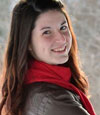
Kate Howard, 18N
Nursing and Theater
Groton, MA
Nursing at Emory YouTube:
https://www.youtube.com/watch?v=HDdK1ySyAZE&list=PLDSBylqXf9oEiFldWLHt94I-FCqeHpPG6
Instagram: @emory_nursing
Pre-Public Health Track: A Global Future
What are some of your favorite classes you have taken in your fields of study?
While I have had many favorite classes during my time at Emory, I will highlight a few from recent semesters. Last spring, I took a course titled “How Self Tracking Transforms Human Health.” Twelve classmates and I were issued various “wearables” and other health devices, including Jawbone fitness bands, heart rate monitors, blood glucose meters, and more. Through tracking numerous of our own health variables and examining current research studies, we learned first-hand the many benefits new technologies hold in improving health and the limitations that need to be considered.
I became a history major by chance after discovering my interest in the history of health and medicine. After taking my freshman seminar course titled “Vaccines and Society” with Dr. Conis, I decided to take another offering. This led to more, and in total I took four classes with Dr. Conis, including “Opium to Obamacare,” “Health and the Humanities,” and “Drugs and American Culture.” I love the awesome opportunities given in her courses for discussion and the engaging readings and assignments we complete. Since I took almost all of the history offerings related to health, I decided to branch out and take courses in Jewish history, and now hold a special interest in American Jewish history.
Why are you interested in studying public health? What do you hope to do with your degree after college and beyond?
Originally on the pre-med track and excited for a career as an emergency physician, I became interested in studying public health during my sophomore year. From an amalgamation of the information I was learning in my classes and the frustrations of the broken U.S. healthcare system that I was experiencing from working as an emergency medical technician with the Emory EMS Squad, I decided I wanted to focus on improving macro level healthcare issues. During the summer between my junior and senior years, my plan became solidified after an amazing internship at the U.S. Department of Health and Human Services in Washington, D.C, where I was an Emergency Care Policy intern.
I am currently in the process of applying to public health programs with a concentration in health policy and management. After I obtain my Master’s in Public Health, I would like to work in the field of healthcare innovation, possibly as a program manager or consultant. My primary interests are at the intersection of chronic disease management, emergency/unscheduled care, healthcare delivery, health policy, and quality and safety.
What kinds of resources have you taken advantage of at Emory to help you with pre-public health?
Over my four years at Emory, I have worked closely with my advisers from both human health and history. They have both been extremely helpful in selecting appropriate courses as well as providing general career guidance. I use the advisers in the Career Center as well; before applying to internships, I have always taken my resume in to receive tips and suggestions from the advisers. Visiting schools of public health often hold information sessions on campus, so I have been able to network with their admissions staff and learn more about their programs.
Recently, I have become involved with the Institute for Healthcare Improvement chapter at Emory. Through this organization, I have received free training, the opportunity to attend various lectures and speaker sessions, and a forum for networking with other students interested in this field. I have also connected with a health services researcher in the School of Medicine, and am performing imaging appropriateness research under him and his team for academic credit this semester.
Lastly, I have benefited greatly from the close relationship Emory College shares with the Rollins School of Public Health. There are numerous Rollins faculty members that teach courses in the human health program, and I have also attended many lectures and outside activities at the school. This semester, I am taking a 500 level public health course in Rollins, and it has been a great preview for what I am hoping to experience full time next fall!
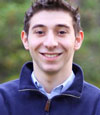
Gabe Gan, 16C
Human Health and History
Bethesda, MD
*Emory University uses these abbreviations to designate graduation year.
Don’t hesitate to connect with us by posting a comment to this blog, tweeting us @emoryadmission, or emailing us at admission@emory.edu. We look forward to hearing from you!
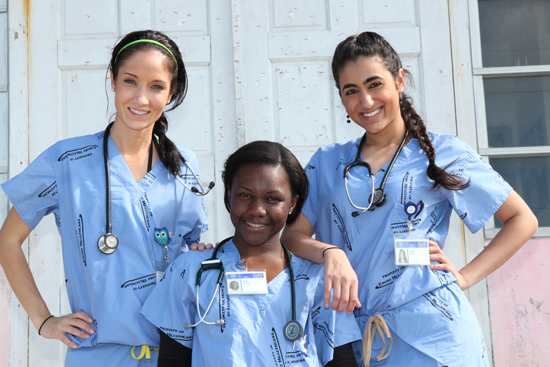
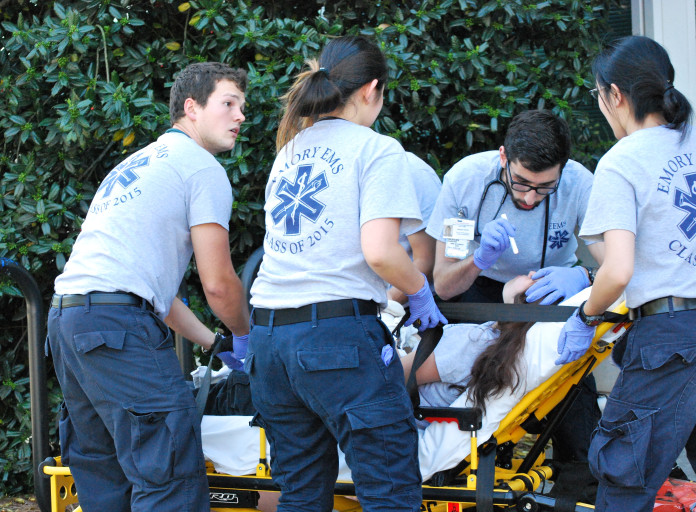
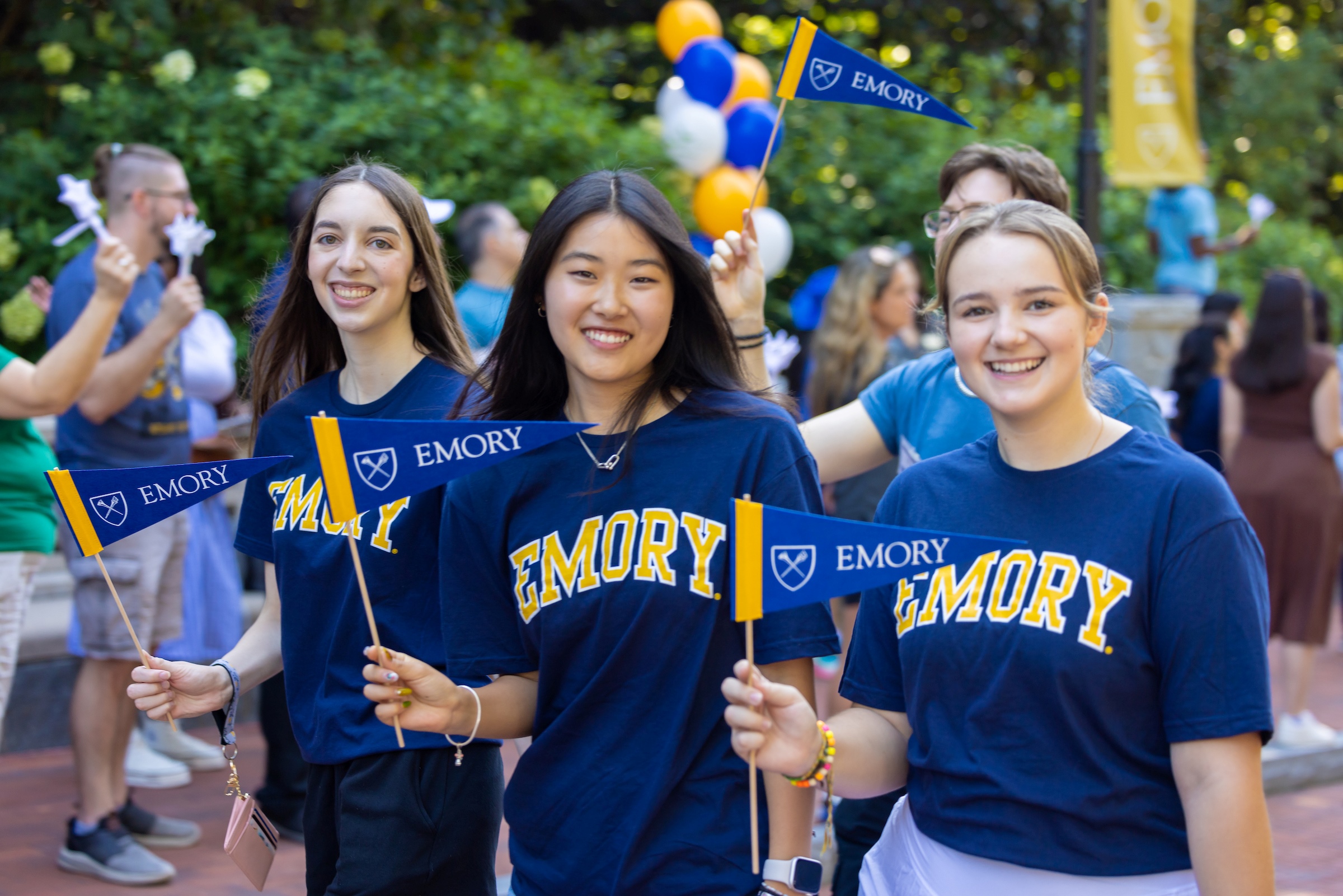
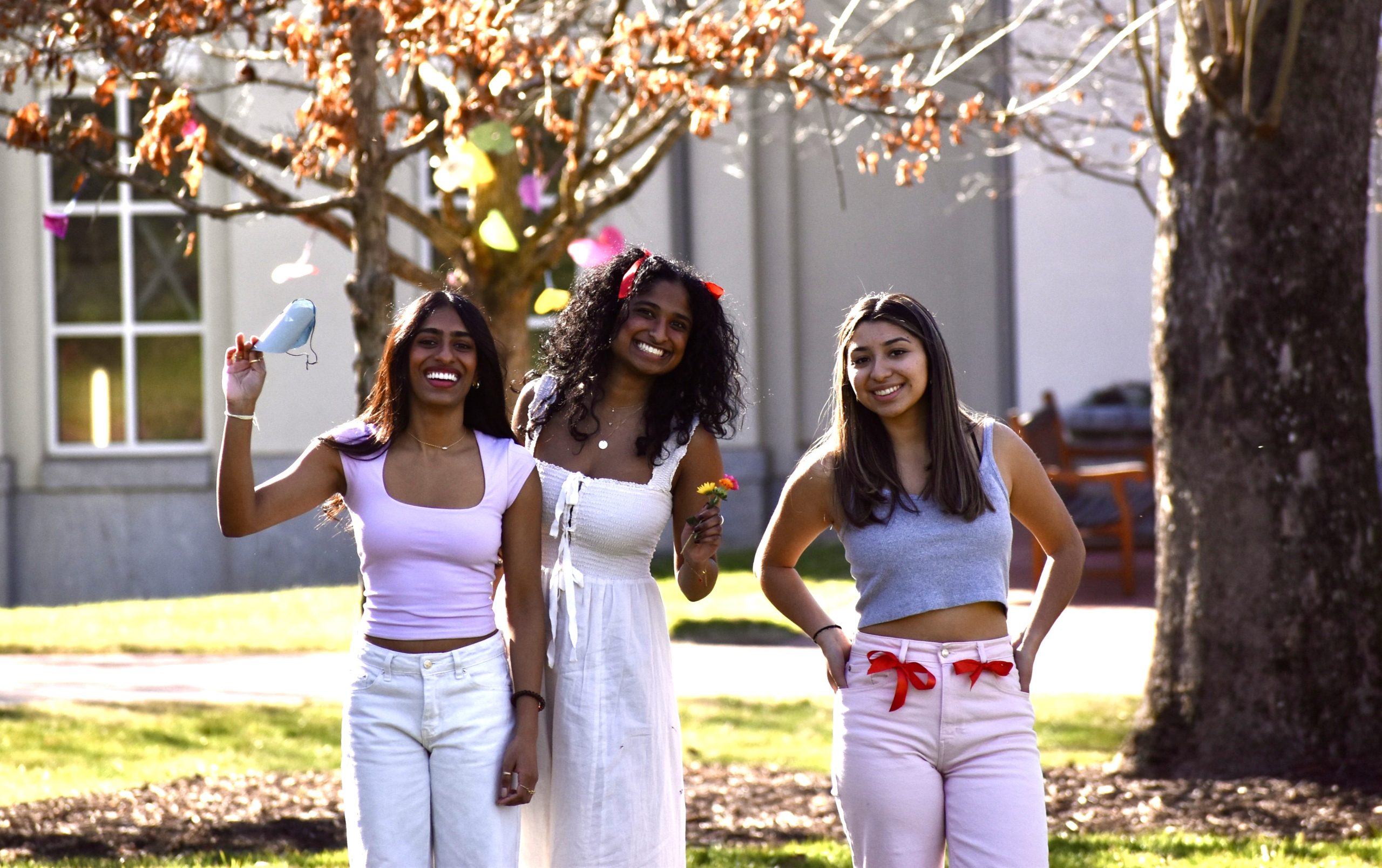

This Post Has 0 Comments